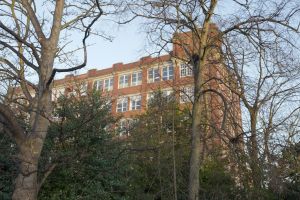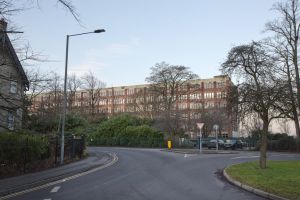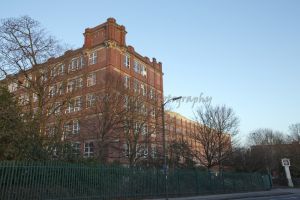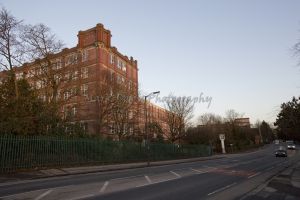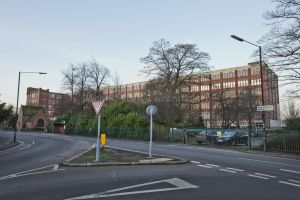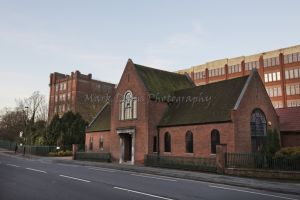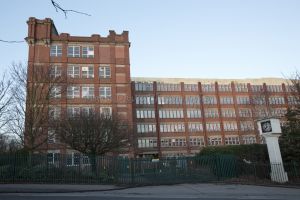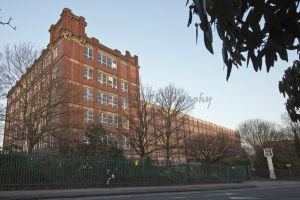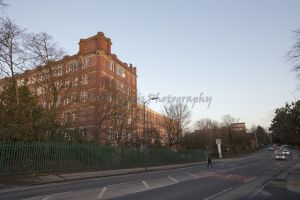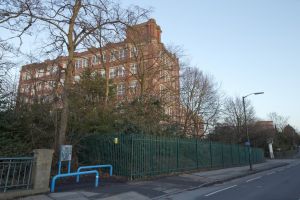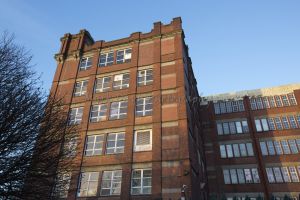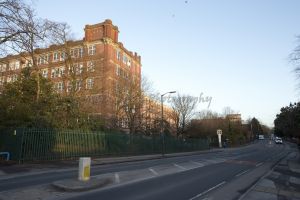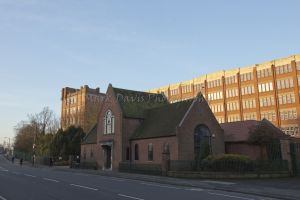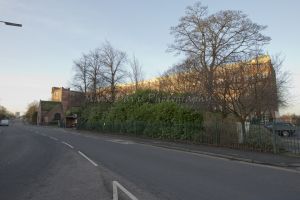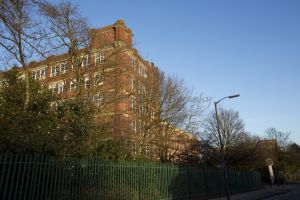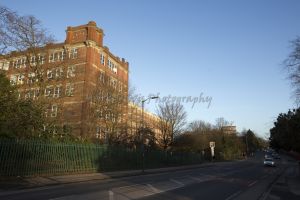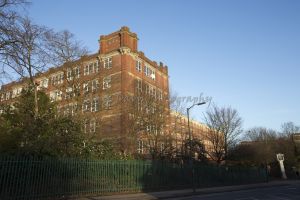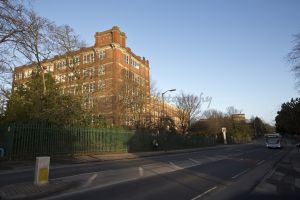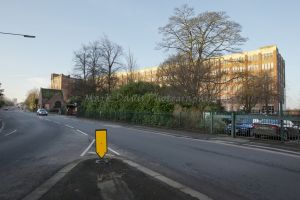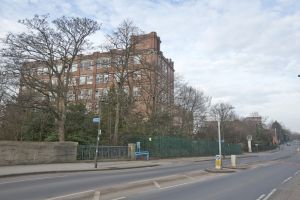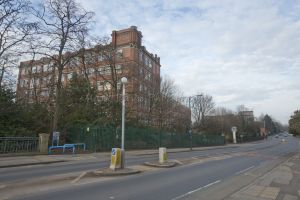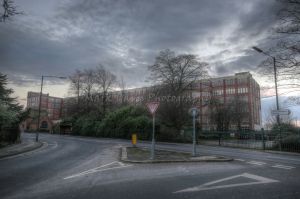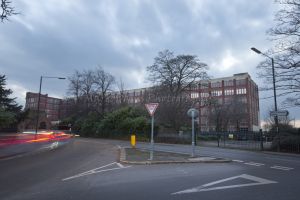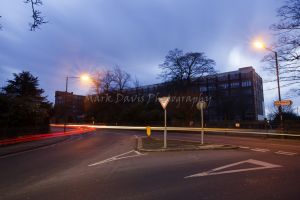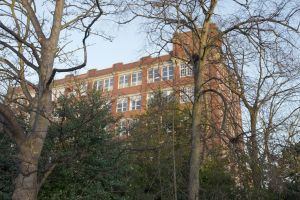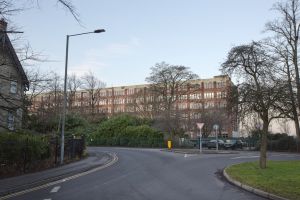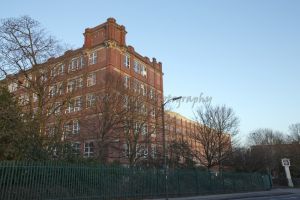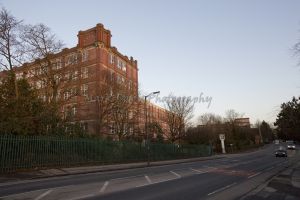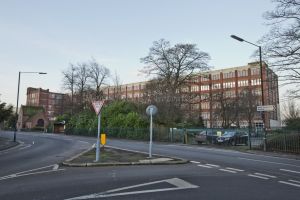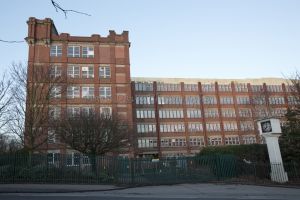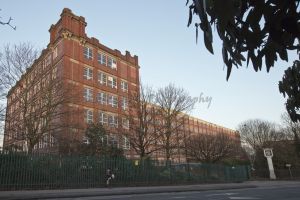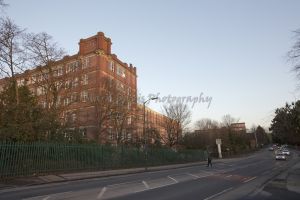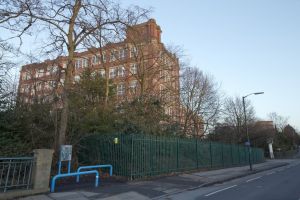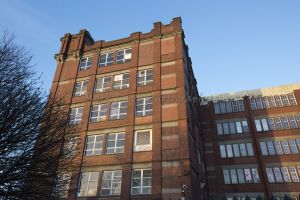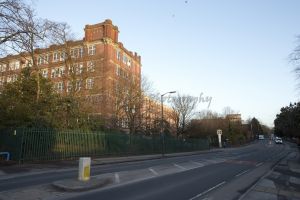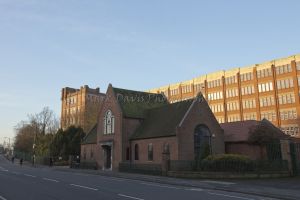One strand of the Rowntree story can be traced all the way back to 1725 and a remarkable woman, Mary Tuke. She came from a prominent Quaker family – her grandfather was one of 4,000 people jailed for their beliefs in the 1660s.
In 1725, at the age of 30, Mary took the unusual decision for a woman of this era to set up a grocery shop. She took on her nephew William as an apprentice in 1746, and he inherited the business when she died six years later.
The shop went on to specialise in tea, coffee and a chocolate drink bought-in from Bristol. William’s son Henry followed him into the business and in 1785 they began to manufacture of cocoa and chocolate themselves.
Several decades later, in 1862, Henry Isaac Rowntree purchased the Tukes’ cocoa and chocolate business. For a teetotal Quaker, there was a social side to the business: chocolate drinks were promoted as an alternative to alcohol for the working man.
Henry moved the firm from Coppergate to Tanner’s Moat in 1864 and in 1869 he was joined in the business by his brother, Joseph Rowntree. A breakthrough came in 1881 when, with the help of a French confectioner, the firm began the manufacture of pastilles, previously imported from France.
Joseph realised that tastes were changing. People wanted a purer product and, after a lot of time and effort, Joseph developed Rowntree’s Elect Cocoa in 1887. Marketed as ‘more than a drink, a food’, it too proved popular.
Soon demand dictated that Rowntree’s move to larger premises. In July 1890, a 24-acre site was purchased off Haxby Road for the modern Rowntree’s Cocoa Works.
The firm hit trouble in the years leading up to the Great War, as the popularity of Elect Cocoa declined, and during the depression of the 1920s. Marketing director and future chairman George Harris used his knowledge of American promotional methods to turn things around. His policy was based on product development, branding and advertising. The number of lines was slimmed down and the products which went on to become household names were launched: KitKat, Black Magic, Aero, Dairy Box, Smarties Rolos and Polos all came out in the 1930s.
At its peak, Rowntree’s was a town within a town, employing 14,000 people, though later the workforce was much reduced by mechanisation. In 1988, Swiss multinational Nestlé bought Rowntree’s in the teeth of major opposition in York.





